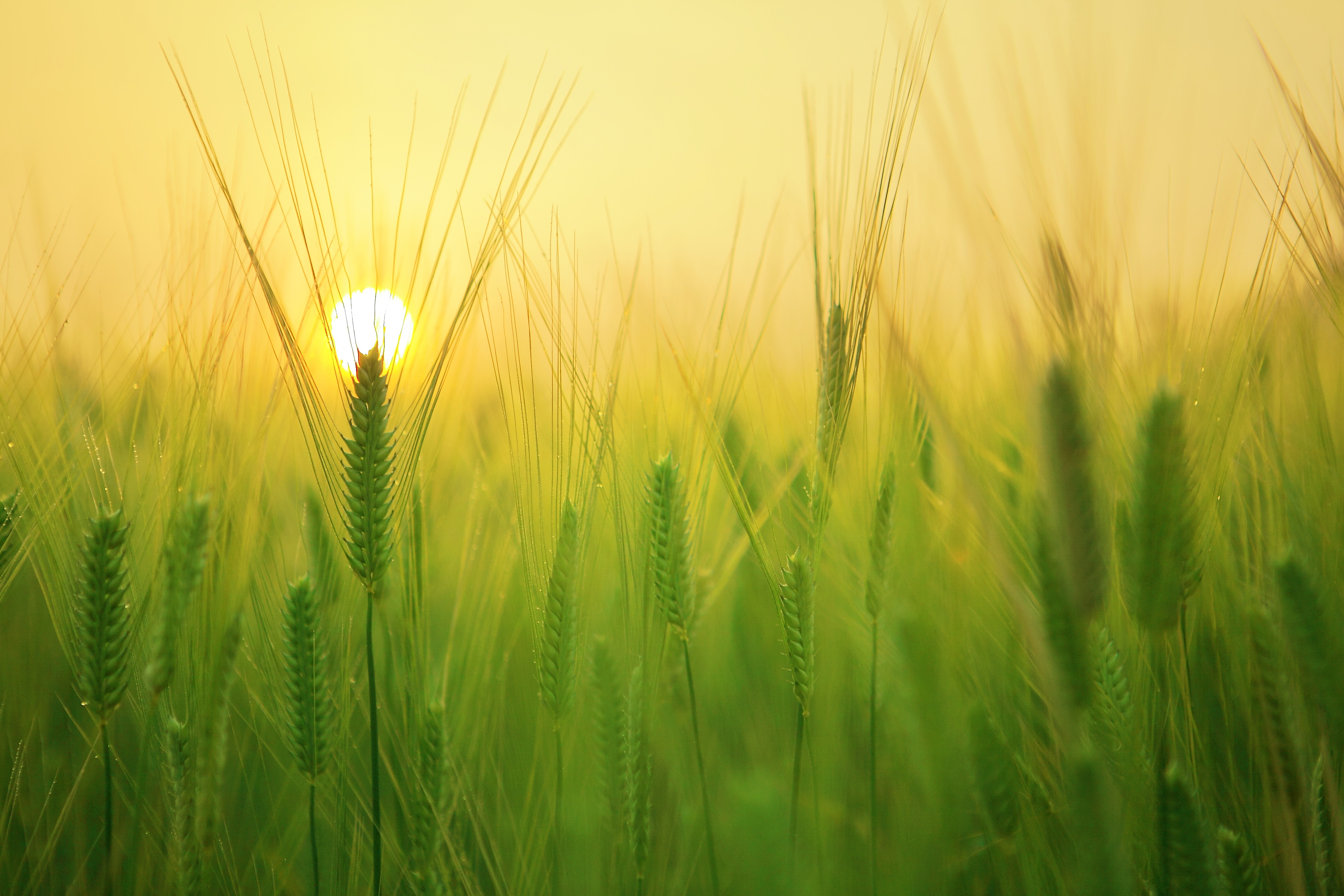“I keep on hearing that the King is in the field,
So I go out to the field to look for my Creator.
And I weave my way around the crops,
I see the sun angled so gently,
But I don’t see the King.
I look above the clouds, and in the spaces between the rows and rows;
But I don’t see the King.
I put my hands in the muddy earth and twist my fingers around.
I see the insects and the seeds as I lift them from their cozy graves.
But I still don’t see the King.
I stand up and dust the soil from my knees, the sweat from my brow.
And I start to worry that,
Maybe I’ve come to the wrong field…”
~ A word from the man who thought he needed eyes to see G-d
* * *
The love-hate relationship I have with Yom Kippur is similar to the one I have with healthy food. I love healthy food. I love how it tastes, I love eating it, and I love how I feel after I eat it. What I don’t love is grocery shopping, meal prepping, and the endless bags of spinach, that perpetually go bad in my fridge. Have you ever seen wilted lettuce when it gets brown and slimy? Enough said.
As much as I tell myself, I love Yom Kippur, what I really love is how I feel when it’s over. How light (headed) and angelic, how cleansed and overt – I am a mobile clean slate, adorned in white clothing and canvas sneakers. I am a vision of purity, vacant of sins, a battle field centuries after the war.
I am a memorial site, a ghost-like vision of the person I once was.
But as the golden (or are the silver?) gates of shemayim seal firmly and the last of my prayers sneak in, I breathe a breath of utter relief, and selfishly and sarcastically note:
I won’t have to do this again for a whole entire year.
And with that, I push myself for one last amidah, and perhaps a quick prayer to the moon, and I wander home to toast and tea and cream cheese…
For too many years (7 to be exact), I’ve arrived to the test without preparing.
I’ve stood and tried to understand difficult Hebrew words, I’ve eaten my fill only to trudge up the hill to shul – to Kol Nidrei – feeling scared, pushed, and a little lethargic — no matter how much I love G-d and the idea of one stunning, glowing, merciful day of pure acceptance. Of repentance and return. Of coming home.
I love the idea of Yom Kippur, but how do I get my body on the same page as my soul? This, is the eternal question.
I reflect on the years where Yom Kippur was a day just like any other: where fasting meant hanging on ’til noon if that wasn’t too difficult, while speaking to G-d informally, without the guidance of a leather bound prayer book. I remember how little it mattered, how lonely it was, and what a small difference it made if I chose to fast or run.
Unaffiliated, unaware, unsure.
And there was my mother – upstairs on the couch, reading English words aloud with fervor; Standing, shouting.
But who was she talking to?
* * *
The pressure is on as the day of all days draws near. How can it be that I am running out of time to connect to G-d while He is supposedly close and available?
We must think of these days, which are now mere moments, as chol hamoed. We must close our phones and rest our businesses.
Mute our beepers, set our alarm clocks at a louder volume.
Eat healthy food, spend some time alone.
Take our headphones out and go out to the field.
Where the peasants plow and push their bodies past their limits,
Where the sun beats down and the common folk gather to make some sort of living,
When making a living means something different,
To just about every Jew, to every person.
What must G-d think of us?
There He is — standing in the open, among the honest, hopeful Jews.
“Come with me, come out to the field.”
Why aren’t we running? All of us?
Why can’t we return home to ourselves, as if it were 5 pm on an average work day?
We should run to shul on Yom Kippur – the happiest day of the year.
Good morning, modeh ani, your Creator is waiting for you.
But as I write these words I grapple with the dichotomy of chag and chol,
Of recognizing G-d in the mundane, and running to Him when suddenly,
Our weekdays are elevated to the level of chaggim.
The days between Rosh Hashana and Yom Kippur are unique; they are extra special. It is said that we are able to reach Hashem like no other time.
But why can’t every day with G-d be a chag? A holiday? If G-d is everywhere then why does He choose to only enter the field one month out of the lowly year?
Why does G-d only take a break from the palace for such a short period of time?
What if every day was Yom Kippur?
What if everyday we were able to seek and reach for our ultimate and true selves — what if reaching G-d was always as available as it is said to be in the days leading up to Yom Kippur?
After all,
Isn’t it supposed to be?
We should be blessed to always have access to the King — even when we find ourselves lost in the field.





